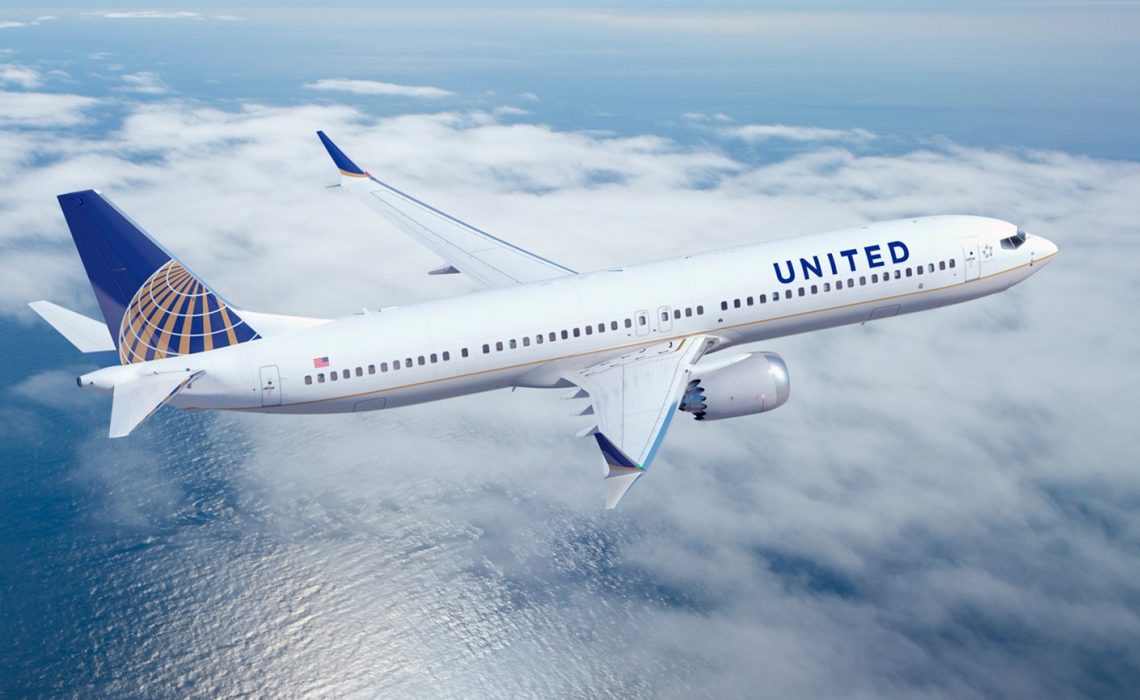
You might also like:
United, on Thursday, said it would end involuntary removals from its planes and reduce its use of the controversial airline practice of overbooking.
Those changes are among the eight that the airline announced as it completed its review of the now infamous April 9 removal of passenger David Dao from United Express flight 3411 between Chicago O’Hare and Louisville.
“This has been a defining moment for our United family and it is our responsibility — our mission — to make sure we all learn from this experience,” the carrier said in its report on the incident. “The changes we have announced are designed to better serve our customers and empower our employees. This is how we begin to earn your trust back.”
The policy ending the involuntary removal of passengers who are already seated on a plane went into effect Thursday. It applies to all situations except those in which safety or security is at risk.
United also said that it has already reduced overbookings on flights that have historically had low rates of passengers volunteering to give up their seat — such as flights on small aircraft and the last flight of the day to a specific market. Flight 3411 fell into both of those categories.
United typically overbooks flights by less than 3%, it said, and approximately one in 25 flights end up with more ticketed passengers at the gate than there are seats available. The airline didn’t specify how much its reduction in overbookings would be.
Another rule that will take effect this week will increase the incentives United agents can offer passengers to voluntarily give up a seat to $10,000. On flight 3411, agents offered only an $800 voucher plus room and board for the night, United stated in Thursday’s report. The carrier’s longstanding policy has been to require agents to get a supervisor’s permission before offering in excess of $500.
Those changes will complement two policies United has already implemented in the wake of the Dao incident: as of April 12, United agents have not been allowed to call law enforcement to remove a passenger from a plane except for reasons of safety and security, and as of April 14, the carrier required all crew members traveling for work on a full flight to be booked at least an hour ahead of time.
The 11-page report on the Dao incident revealed a few new details on what led up to his being dragged off the plane by Chicago Department of Aviation police. One passenger, United said, was bumped off the flight involuntarily ahead of boarding because it was overbooked.
In the meantime, a United Express flight from O’Hare to Louisville that had been scheduled for earlier in the day was waiting out a delay, and potentially subject to cancellation, due to a maintenance problem. As a result, four crew members needed to get on Flight 3411 so that they would be assured of being in Louisville the following morning to work a United Express flight to Newark. The crew members were employed by Republic Airways, a regional airline that United contracts to operate many of its United Express flights.
When no one accepted compensation of $800 to voluntarily give up their seat, Dao and his wife were among the four passengers randomly selected for involuntary removal. After Dao refused, one passenger volunteered to change flights for $1,000, but United needed two volunteers to avoid having to remove the Daos, it said. No other passengers would volunteer because United could not guarantee that it could get them to Louisville that night.
Along with the immediate policy changes, the carrier also announced several slower-developing steps Thursday.
In June, United expects to roll-out what it is calling a customer solutions team, which will be charged with helping gate agents identify alternative ways for customers to get to their destination in cases in which they can’t fly on their original flight. Such options would include use of a nearby airport, another airline or, when possible, ground transportation.
In July, United will launch what it is calling its “In the Moment” app, which will enable flight attendants to award frequent flyer points, flight credits and other forms of compensation on the spot when a customer service issue arises.
In August, the carrier will begin additional annual training of frontline employees on how to handle difficult situations.
And at an as yet undetermined time later this year, the carrier will begin asking customers checking in at kiosks and desktops how much it would take for them to voluntarily give up their seat. United is considering incorporating that question into check-ins through its app as well.
Finally, the carrier announced one pending policy change that is unrelated to the Flight 3411 incident. Beginning in June, United will automatically pay passengers $1,500 for a permanently lost bag, replacing the current policy in which passengers must present receipts to prove the value of the bag and its contents.
That change, said a United spokesperson, was developed due to stakeholder feedback that the airline received while reviewing policies as part of the flight 3411 review.
“It was just another opportunity that we found through our policy review to be more customer focused,” the spokesperson said.
Sоurсе: travelweekly.com
